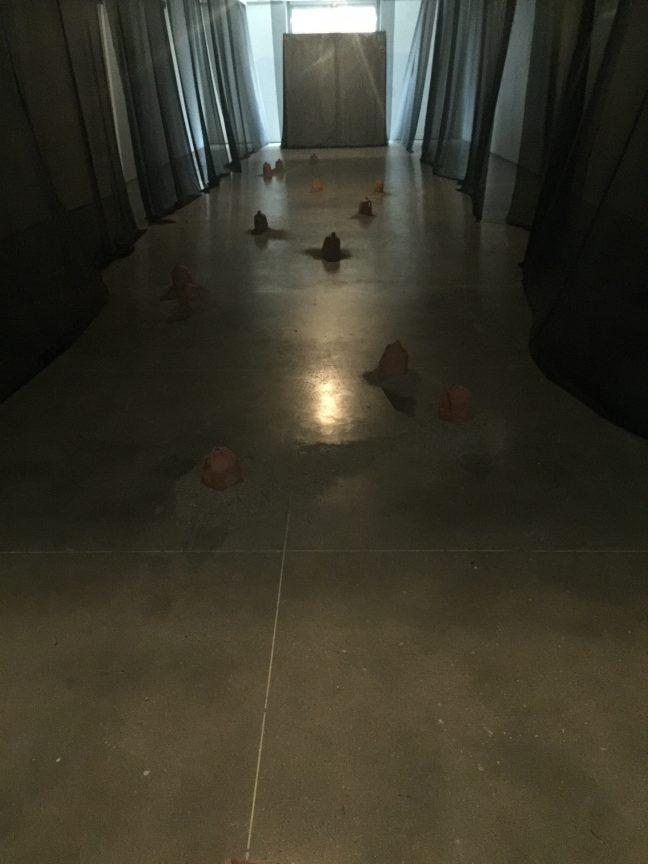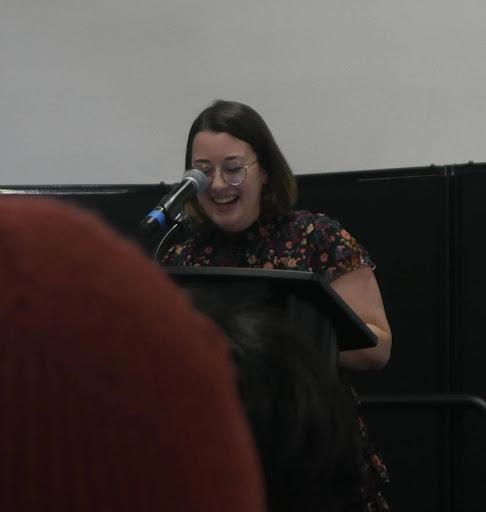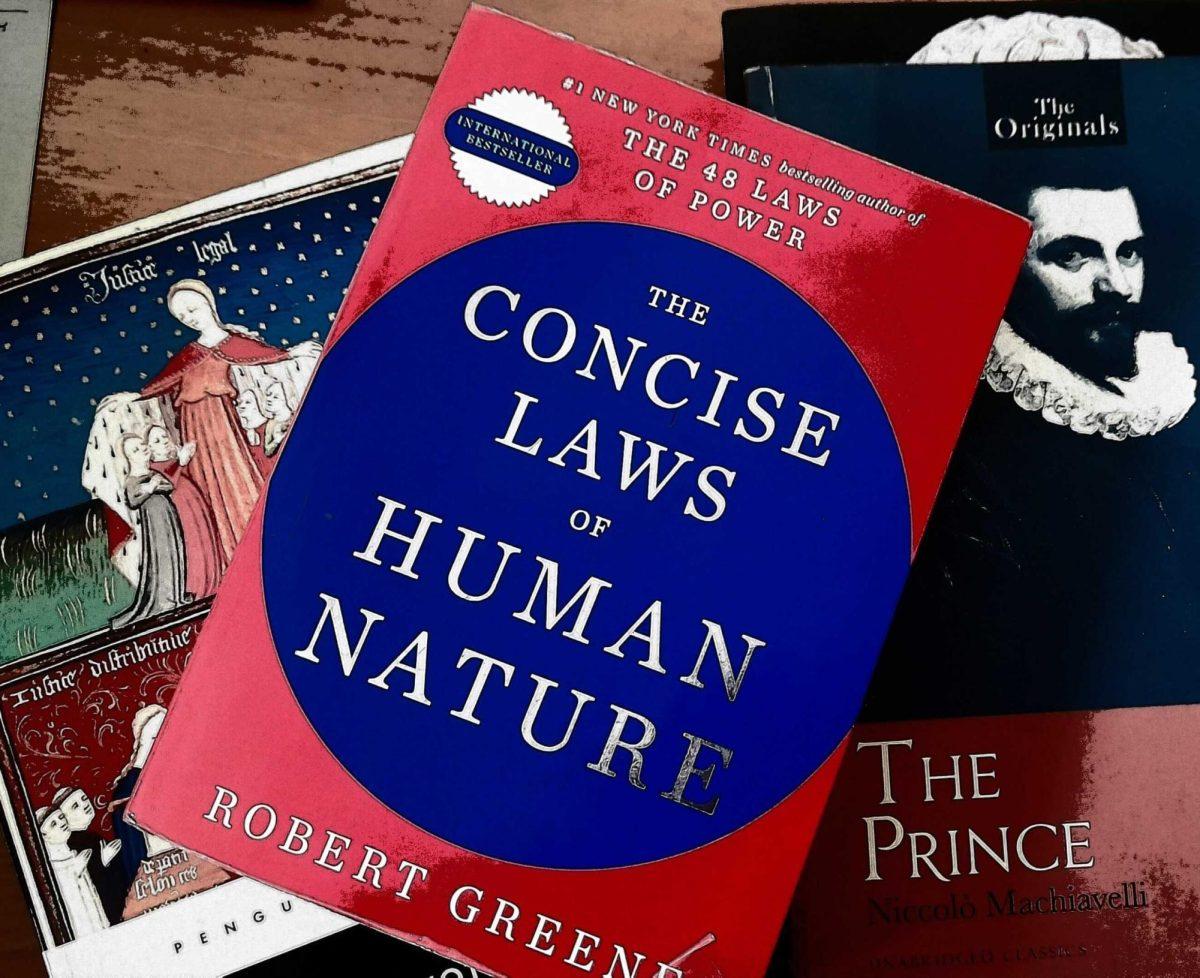“You would be too young to remember this,” Dan Woll says, “but there was a black and white TV show in the late ’60s called ‘The Fugitive.'”
Woll is describing a primary reference point for the style of Death on Cache Lake, the new book he co-authored with the late John W. Lyon. “If you ever go back and get to watch that series, it was about a drifter in the small towns of America trying to solve a mystery. And that was the feel [we were going for] – the sort of noir loner moving on an odyssey through small towns.
Writing – like all kinds of art – is to some extent the sum of the artists’ collected influences. If a novel describes an improbable redemption, the rebirth of a workingman when all was thought lost, it’s said to owe a debt to the Bible. A love story – especially if it involves the phrase “star-crossed lovers” – that ends in tragedy must pay its dues to Shakespeare. Oasis ripped off The Beatles who ripped off Elvis who ripped off Bo Diddley.
So when Woll drops a name, recites a quote or references a TV show, it’s tempting to catalogue the occurrence and file it under his influences for the book. To do so would be fair, but it would only be half the story. Like any creative endeavor, the book is in parts culturally informed and in parts much more personal. In Woll and Lyon’s case, this is telling, despite the legalese paragraph on the copyright page identifying the novel as pure fiction.
Death on Cache Lake is framed in a brief epilogue by an omniscient narrator and then taken over by the first person voice of John Short, who in turn relays the long, tumultuous tale of Caleb Pratt. Like a Boundary Waters version of Heart of Darkness, (albeit with one less layer of anonymity), set in 1970, John leaves a troubled tenure as a schoolteacher for a difficult quest into the Canadian wilderness to find the unpredictable Caleb, who is wanted by the law. As it turns out, John’s old friend has become tangentially entangled in a web of conspiracy that involves Leo Burt, the fugitive suspect in the University of Wisconsin’s Sterling Hall bombing. As the novel progresses, it becomes clear that the bombing was orchestrated by forces far more powerful than Burt and the rest of the New Years Gang, and it falls on John to pick up the trail.
But Sterling Hall is not what Woll would prefer to talk about. “The book isn’t – well it is about the bombing. But the book is about the friendship of these two men,” says Woll. “To the extent it’s informed by reality, the friendship between the two characters is similar to the friendship that John and I had.”
Woll says the book was a 20 year-long collaborative effort between Lyon and him, his friend of 40 years. Constant tinkering, he said, makes the sections that he wrote nearly indistinguishable from those written by Lyon. Though Lyon died last year, the two co-authors – who started their careers together, just like their book’s main characters – shared a strong bond.
“It was a deep and meaningful experience to finish the book with [Lyon] because I think he knew he was dying all last fall,” Woll says. “No one can know for sure, but I think he decided he was going to keep going until it was done because he died the week after we submitted the final draft to our publisher. So he knew it was going to go to print.”
Woll himself graduated from UW in the spring of 1970 and was two weeks into a teacher corps training program in Delaware when Sterling Hall was bombed. The explosion killed researcher Robert Fassnacht and blew out the windows in the house on Bowen Court where Woll’s roommates still lived.
Woll says the time he spent at school in Madison imbued him with a sense of appreciation for literature and writing (not “the faculty,” he said, but “the kids I went to school with”) and that a Hoofers membership contributed to the details of rock climbing and hiking that are prevalent throughout the novel.
But toward the shroud of conspiracy, the ubiquitous sense of fighting against a larger machine that meddles where it’s not needed, Woll offers a reference that one suspects informs more than just his book. The co-author, now retired after a career in education capped by 21 years as a superintendent in La Croix, points to a line uttered by Clint Eastwood in a 1992 film. “As they say in ‘The Unforgiven,’ ‘We all have it coming.’ You make the best of life. There are some dark times and there are some friendships.”
Death on Cache Lake is distributed by Romeii, LLC and is available on Amazon.com.



















